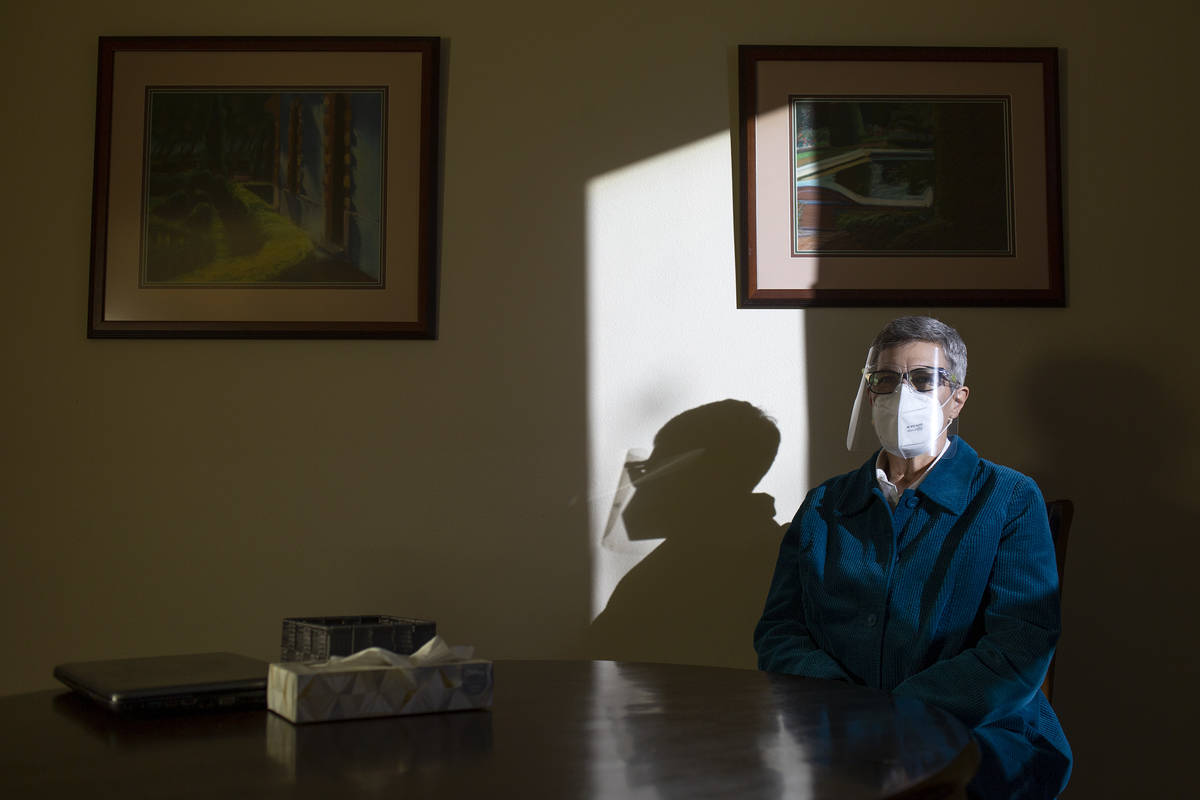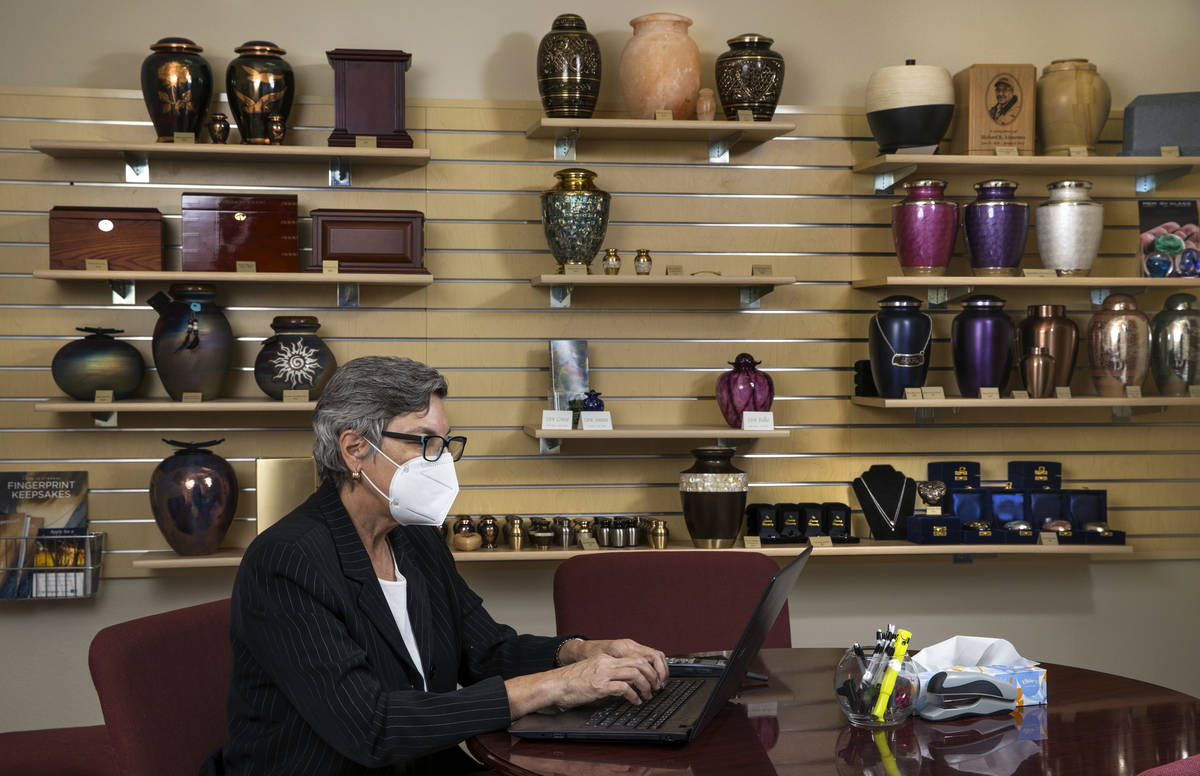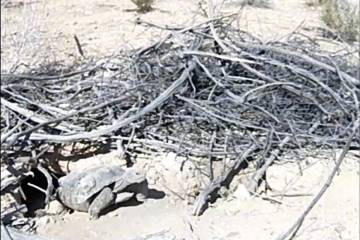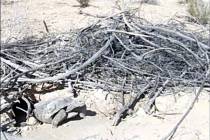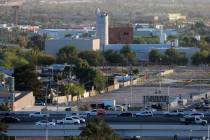Funeral workers worry ‘system will shut down’ before they get vaccine
Nevada’s surge of COVID-19 deaths this winter has placed more funeral service workers in the line of direct exposure to the respiratory illness, which has killed more than 3,400 statewide.
“These are people going into hospitals to pick up the deceased. They’re going into people’s homes where people have died from COVID. They’re exposed every day,” said Jennifer Kandt, executive director of the Nevada State Funeral Board. “If there’s an outbreak at a funeral home, then the whole system will shut down.”
Even so, the estimated 686 mortuary workers in the state will be fourth-to-last in Tier 2 to receive the vaccine — after essential retail workers, airport operations employees and emergency road personnel, to name a few.
Absent a COVID-19 outbreak, funeral homes across the Las Vegas Valley still have felt a strain on the system because of the influx of deaths.
Refrigerated units designed to hold bodies have been deployed by the Clark County coroner’s office to at least four local mortuaries to address growing concerns over capacity. Funeral home staff are working around the clock to prevent a backlog in services.
“Every day we’re directly at risk of catching the virus,” said Laura Sussman, funeral director of Kraft-Sussman Funeral and Cremation Services, a small mortuary in western Las Vegas that she owns and operates alongside her wife, Wendy Kraft.
When vaccinations for Tier 2 — which also includes those 75 and older — might begin in Clark County was up in the air as of Wednesday. Nevada has one of the lowest vaccine distribution rates per capita of any state, according to Centers for Disease Control and Prevention data tracking first doses.
A request for comment from Gov. Steve Sisolak’s office was not returned.
“I’m not trying to make fun of anyone. They all deserve the vaccine,” Kraft said of those ahead of mortuary workers on the distribution list. “I just think people don’t realize that we’re totally surrounded by this disease.”
According to a September report by the World Health Organization, the likelihood of transmission when handling human remains is low. But human coronaviruses can persist for up to nine days on inanimate surfaces such as metal, glass or plastic, according to the organization, and COVID-19 has been detected for up to 72 hours in experimental conditions on surfaces such as plastic and stainless steel.
Across town from the Kraft-Sussman funeral home, in the Historic Westside, Clark County Funeral Services also has been hit hard by the surge in coronavirus deaths.
“It seems to me that our industry already has a stigma attached to it,” director Sheila Winn said Friday. “So when things slow down, when things may be running behind and there are delays, the families don’t look to the state for answers. They look to us.”
As a potential outbreak inside her funeral home looms until she and her staff can be vaccinated, Winn worries about “the backlog something like that would create.”
“The people that would suffer the most are the families,” she said. “So anything that can be done to increase our availability to these families should be a huge priority for everyone.”
More information about COVID-19 vaccinations can be found at snhd.info/covid.



